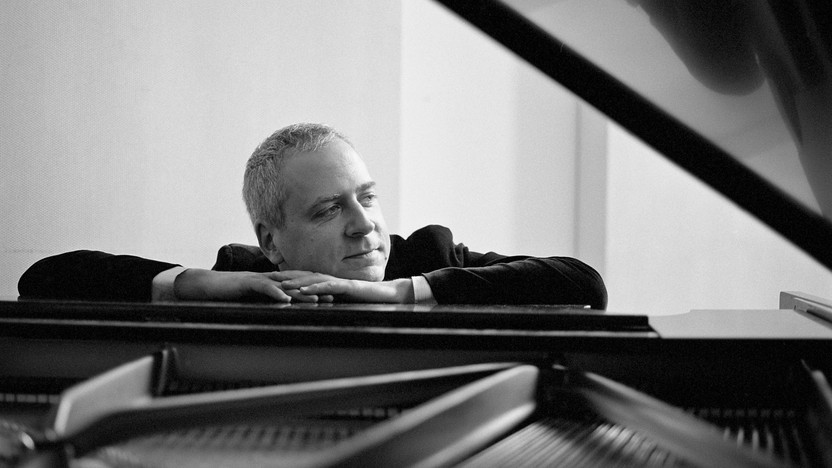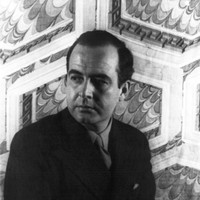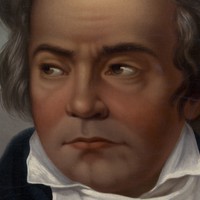Opening Weekend: Jeremy Denk Plays Beethoven’s Emperor Concerto

Sponsored By
- September 8, 2018


Sponsored By

In 1964, with one radical composition notated on a single page, Terry Riley synthesized various strands of West Coast, anti-establishment thought into a style that would revolutionize music to this day: Minimalism. That seminal piece, In C, lays out 53 short modules to be played any number of times by any number of instruments. The result is a gradual morphing as the layers separate and progress independently through the series, united by a steady pulse and a limited palette of pitches centering on the unwavering harmony of C major. Commercial recordings range from 20 to 76 minutes in length, played on everything from a single piano to ensembles of traditional Asian and African instruments—bringing full circle the significant influence of those non-Western traditions on Riley and other pioneering Minimalists.
Aaron Grad ©2018

Samuel Barber had a strong family connection to the world of vocal music: his uncle was Sidney Homer, a composer known for art songs, and his aunt was Louise Homer, a star contralto at the Metropolitan Opera. Barber began writing songs at the age of seven, and his output eventually included two grand operas. His most enduring vocal work has proven to be Knoxville: Summer of 1915, an orchestral setting of a prose poem by James Agee. Written in the wake of World War II, at a time when Barber’s own father was dying, the score strikes a musical posture perfectly aligned with Agee’s intimate and nostalgic look back at an easier, simpler time.
Agee and Barber were born within a few months of each other, and the description of Agee’s childhood in Tennessee resonated deeply with Barber and his own experiences at the same age in a Philadelphia suburb. Writing to his uncle Sidney, Barber said of the text, “It reminded me so much of summer evenings in West Chester, now very far away, and all of you are in it.” After initially accompanying the voice with full orchestra, Barber revisited Knoxville in 1950 to create a more vulnerable and transparent scoring for chamber orchestra.
Aaron Grad ©2018
 Listen to Audio
Listen to Audio
Ludwig van Beethoven completed his fifth and final piano concerto during the miserable summer of 1809, when Napoleon’s army occupied Vienna for the second time in four years. By the time of the premiere two years later, Beethoven’s hearing had deteriorated so much that he could not perform the concerto himself. Having filled the void left by Wolfgang Amadeus Mozart’s death, Beethoven’s long run as the leading pianist-composer in Vienna had officially come to an end.
The Piano Concerto No. 5 is in many ways a sibling to the earlier “Eroica” Symphony No. 3, also in the key of E-flat. In the case of the concerto, Beethoven had no part in the nickname — “Emperor” came later from an English publisher — but both works share a monumental posture and a triumphant spirit.
To begin the concerto, the orchestra proclaims the home key with a single chord, and the piano leaps in with a virtuosic cadenza. The ensemble holds back its traditional exposition until the pianist completes three of these fanciful solo flights, the last connecting directly to the start of the movement’s primary theme. It is a remarkable structure for a concerto, with an assurance of victory, as it were, before the battle lines have been drawn.
The slow movement enters in the luminous and unexpected key of B-major with a simple theme, first stated as a chorale for muted strings. To bridge the distance back to the home key of E-flat, the finale pivots effortlessly on a single held note that relaxes down a half-step, setting up the piano’s propulsive entrance.
Aaron Grad ©2022
Join the orchestra and fellow SPCO supporters after the concert on Saturday to celebrate The Saint Paul Chamber Orchestra’s historic 60th Anniversary Season! Separate ticket purchase required – please click here for more information.
Get driving directions and find nearby parking.
Find dining options close to the venue.
View seating charts to find out where you'll be seating.
SPCO concerts are made possible by audience contributions.
For exclusive discounts, behind-the-scenes info, and more:
Sign up for our email club!
